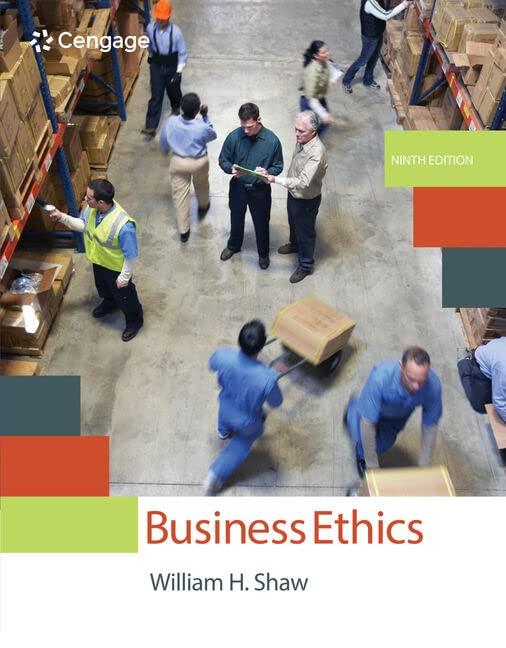IN THE UNITED STATES, THE RATE AT WHICH corporations are taxed ranges from 15 to 35 percent,
Question:
IN THE UNITED STATES, THE RATE AT WHICH corporations are taxed ranges from 15 to 35 percent, depending on the size of their income. That’s a higher top marginal tax rate than in any other developed country. But 35 percent is only the nominal rate; few if any corporations actually pay that much. Over a recent five-year period, for example, General Electric paid 17.9 percent of its income in corporate taxes, and that includes not just federal tax but state, local, and foreign taxes as well. FedEx paid 20.1 percent in federal tax, Amazon 6.6 percent, and Ford Motor Company 4.2 percent. The reason for this is that the tax code provides corporations with plenty of exemptions. In fact, a study by the Government Accountability Office estimates that 80 or so business exemptions cut in half the revenue coming from corporate taxation. Two of the biggest corporate tax breaks are accelerated depreciation of machinery and equipment and deferral of income from foreign sources.88 That’s one of the main reasons why these days corporations pay a smaller share of the nation’s taxes than they used to. In the 1950s, the revenue from corporate taxation amounted to about a third of total federal tax revenue or about 6 percent of the nation’s income. Today it amounts to less than a tenth—that is, to about $1 out of every $10 collected in federal tax—or about 2 percent of national income. Personal income taxes and payroll taxes (which support Social Security and Medicare) provide about 80 percent of the federal government’s annual revenue. Yet, these days companies take a larger share of national income than ever before, and corporate taxes as a share of corporate profits are at a record low.
For many companies, tax avoidance is a sophisticated game—almost an art form. In 2013 it came out that Apple, the nation’s most profitable technology company, was also one of its most successful tax avoiders, thanks to a complex web of international subsidiaries the company has created.
Many of those subsidiaries are incorporated in Ireland, where Apple negotiated a special tax rate of only 2 percent, although in fact they are run from Cupertino, California.
Furthermore, even though they are incorporated in Ireland, some of these offshore entities have no stated country of tax residence and thus pay no taxes at all, even though they hold tens of billions of dollars.
Other companies, such as Microsoft and Google, engage in “transfer pricing.” This shifts profits generated in the United States to offshore tax havens where the IRS can’t get at them. Companies accomplish this trick by transferring intellectual.....
Discussion Questions 1. In your opinion, do corporations now pay their fair share of taxes? Explain why or why not. If not, what should be done about it?
2. Do corporations have a social responsibility not to exploit loopholes in the tax system or use accounting tricks to dodge taxes? Explain why or why not.
3. If a company like Apple is not acting illegally, is there anything wrong with its tax avoidance gimmicks? In general, is there anything wrong with either individuals or corporations arranging their affairs so as to minimize their taxes? Is that all that Apple was doing?
4. Why do you think Starbucks decided to pay voluntarily taxes it was not legally required to pay? Was this the right decision from the moral point of view? From the business point of view? Should Apple do something similar?
5. Should corporate taxation be abolished? Explain why or why not.
6. Individual income from dividends and capital gains is now taxed at a lower rate than individual income from wages. Is this fair?
7. In order to avoid U.S. taxes, some long-standing American companies have renounced U.S. citizenship and reincorporated overseas, which they can do if, after a merger or acquisition, foreign shareholders own more than 20 percent of the company. Should companies be permitted to relocate for tax purposes?
Is their doing so morally acceptable? Is it unpatriotic?
Step by Step Answer:






